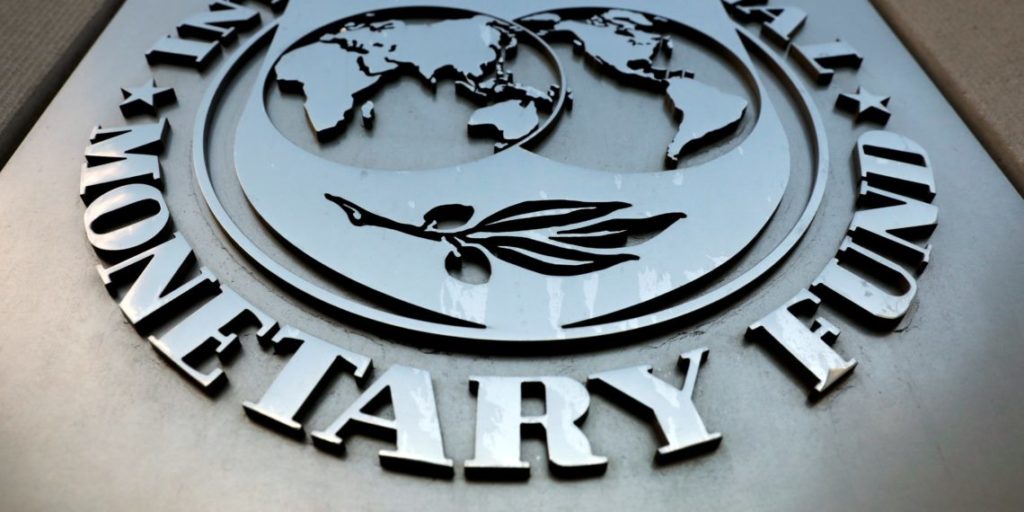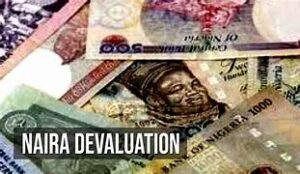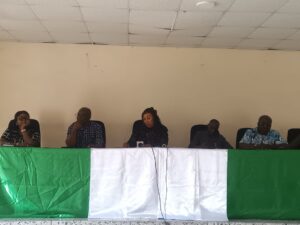IMF advises Nigeria to remove fuel subsidies

International Monetary Fund logo
International Monetary Fund (IMF) on Thursday advised Nigeria to remove fossil fuel subsidy and deploy savings from the scheme to fix social infrastructure.

IMF Managing Director, Christine Lagarde gave the advice during the opening ceremony at the ongoing World Bank/IMF Spring Meetings in Washington DC.
She urged Nigeria to establish Social protection Safety Net to help government meet the needs of people at the lower cadre of the society, saying about $5.2 trillion has so far been sent on fuel subsidies and the consequences thereof.
She said: “I will give you the general principle. For various reasons and as a general principle, we believe that removing fossil fuel subsidies is the right way to go.
“And the Fiscal Affairs department has actually identified, how much would have been saves financially, but also in terms of human life if there had been the right price on carbon emission as of 2015. Numbers are quite staggering.
“If that was to happen, then there would be more public spending available to build hospitals, roads, provide educational facilities and lift more people out of poverty”.
Ms. Lagarde called for more public spending being made available to build hospitals, roads, schools and to support education and health for the people.
“Now, how this is done is the more complicated path because there has to be a social protection safety net that is in place so that the most exposed in the population do not take the brunt of those removal of subsidies principle.
“So that is the position we take. I would add as a footnote as far as Nigeria is concerned that, with the low revenue mobilisation that exists in the country in terms of tax to Gross Domestic Product (GDP), Nigeria is amongst the lowest.
“A real effort has to be done in order to maintain a good public finance situation for the country. And in order to direct investment towards health, education, and infrastructure,” she said.
She said the global economy is also currently quite uncertain, adding the world was a year ago talking about synchronized growth and that 75 per cent of the global economy was going through that phase.
On global economic growth, she said the forecast for this year is 3.3 percent.
“But we contend that we are at a delicate moment. And this expected rebound from 3.3 in 2019 to 3.6 in 2020 is precarious and subject to downside risks, ranging from unresolved trade tensions, high debt in some sectors and countries, both public and corporate.”
On borrowing from China, she said both the World Bank and the IMF are working together to bring about more transparency and be better able to identify debt, terms and conditions, volumes and maturity.










1 thought on “IMF advises Nigeria to remove fuel subsidies”